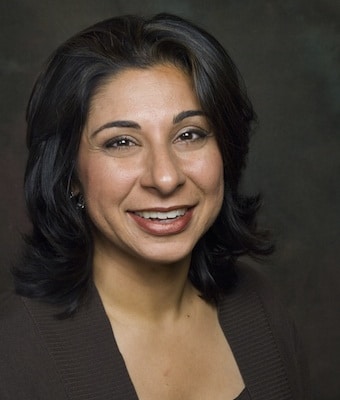
Featured Collaborator for October: Dolly Chugh
Blog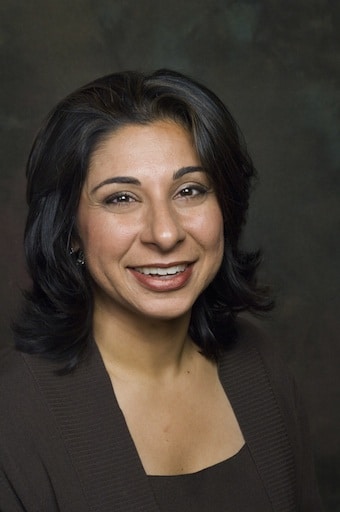 Interview with Dr. Dolly Chugh, Associate Professor in the Department of Management and Organizations, NYU Stern School of Business. [Find Dolly on Twitter]
Interview with Dr. Dolly Chugh, Associate Professor in the Department of Management and Organizations, NYU Stern School of Business. [Find Dolly on Twitter]
What are your main areas of research? How can people better be attuned to their bounded ethicality?
I have always been fascinated by the three dimensional reality of human behavior. That is, none of us are perfectly ethical all of the time, and it's that reality that I am most interested in. In what ways are we less ethical and less egalitarian than we intend to be? Under what conditions? Why? Those questions lie at the heart of my work on bounded ethicality, which refers to the systematic and ordinary psychological constraints on our ethical behavior.

Opportunism as a Managerial Trait
Blog We ordinarily think of people as honest or dishonest, a broad-brush description which implicitly assumes that honesty is a personal characteristic that generalizes across decision domains. If so, a student who cheats on an exam is also more likely to shoplift or lie to a friend or partner. Does knowing that a corporate manager is opportunistic in one decision domain tell us much about whether the manager will misbehave in some other domain? In other words, are some managers just `bad apples’?
We ordinarily think of people as honest or dishonest, a broad-brush description which implicitly assumes that honesty is a personal characteristic that generalizes across decision domains. If so, a student who cheats on an exam is also more likely to shoplift or lie to a friend or partner. Does knowing that a corporate manager is opportunistic in one decision domain tell us much about whether the manager will misbehave in some other domain? In other words, are some managers just `bad apples’?
Recently, in the paper “Opportunism as a Managerial Trait: Predicting Insider Trading Profits and Misconduct” Usman Ali, Portoflio Manager at MIG Capital, and I study these questions by examining whether corporate managers who profit by insider trading in their firms’ stocks engage in other forms of misbehavior as well.
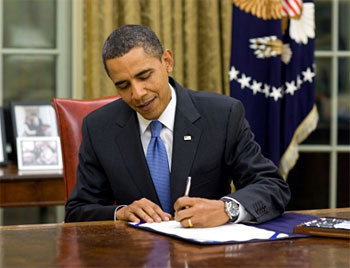
An Executive Order Promoting Behavioral Science
Blog As we have long said, behavioral sciences are the key to unlocking better decision making, from study halls to the halls of power. This week, the White House echoed our view via an Executive Order outlining that behavioral insights be used to better serve the American people. What began as a nudge, is now a full-on push.
As we have long said, behavioral sciences are the key to unlocking better decision making, from study halls to the halls of power. This week, the White House echoed our view via an Executive Order outlining that behavioral insights be used to better serve the American people. What began as a nudge, is now a full-on push.
Ethical Systems praises this initiative as a major step towards not only making behavioral science more widespread but also in advancing the incorporation of ethical system design in business. When businesses adopt these systems, research shows their employees are happier, more productive and, as a result, the business is more profitable.
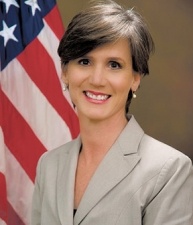
Did You Get the Memo? Confronting Corporate Wrongdoing
Blog After the financial crisis of 2008 and the current, ongoing instances of large fines levied against banks and other financial companies, many people continually bemoan why penalties have not also included jail time and prosecution of executives who have behaved unethically. The message has finally reached the highest levels of government and change is on the horizon.
After the financial crisis of 2008 and the current, ongoing instances of large fines levied against banks and other financial companies, many people continually bemoan why penalties have not also included jail time and prosecution of executives who have behaved unethically. The message has finally reached the highest levels of government and change is on the horizon.
In a speech at NYU Law last week, hosted by the school's Program on Corporate Compliance and Enforcement, Deputy Attorney General Sally Quillian Yates presented the memo covering a new Department of Justice initiative designed to fight corporate fraud and other misconduct by going after individuals who perpetrated the wrongdoing. In addition to punitive actions against an organization (what many see as a macro-level punishment that does little to deter misconduct on the micro, or personal, level), the DOJ will now turn its considerable resources to affecting change at the source, i.e. those that engage in personal malfeasance under the guise of doing their job.
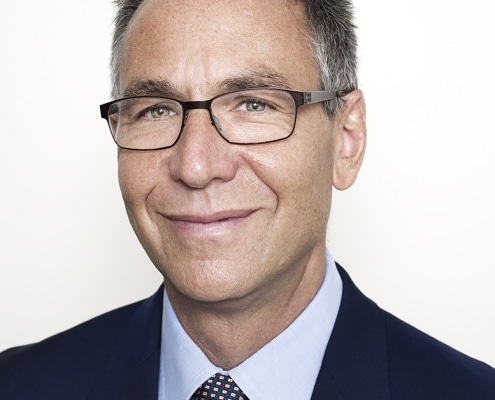
Corruption, Trends and Predictions: An Interview with Richard Bistrong, Part 2
Blog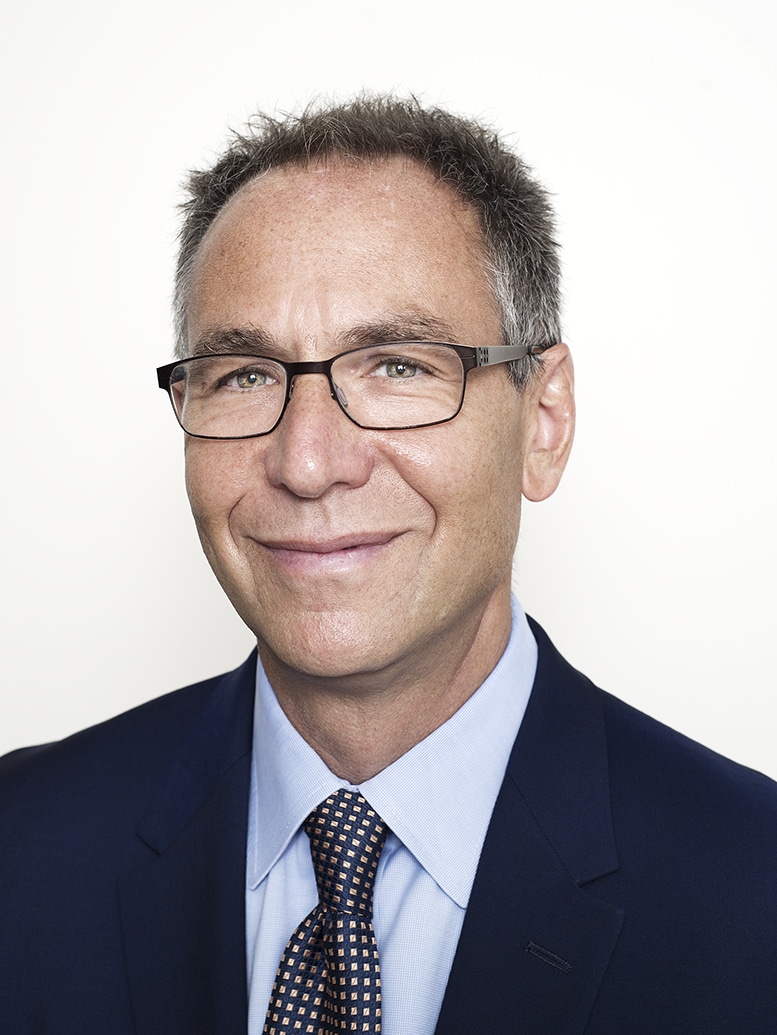 Part two of our interview with Richard Bistrong, CEO of Front-Line Anti-Bribery LLC [read part 1]
Part two of our interview with Richard Bistrong, CEO of Front-Line Anti-Bribery LLC [read part 1]
How has corruption changed since you were prosecuted? Could someone get away with the same behavior now?
The FBI has tripled its investigatory resources, and the real teeth of international law enforcement cooperation, which I experienced as a covert cooperator in the US and UK, has significantly increased, becoming more sophisticated over the last 5 years, as we have seen in a number of global investigations.
My own getting caught should be a cautionary tale for others.

Testing, Testing: Drawing Conclusions From Test Environments
Blog One challenge identified in academic literature on behavioral ethics and business is finding practical applications for the lessons learned from test environments. All of us at Ethical Systems, including our collaborators and partners, are working on how to best leverage these findings.
One challenge identified in academic literature on behavioral ethics and business is finding practical applications for the lessons learned from test environments. All of us at Ethical Systems, including our collaborators and partners, are working on how to best leverage these findings.
This challenge is succinctly presented by Donald C. Langevoort of Georgetown University in a recent article about behavioral ethics and behavioral compliance. As he points out, the lessons from behavioral ethics are intuitive and while the outcomes aren't necessarily predictable, they are often unsurprising. It makes sense, for example, that 'just in time' communications improve ethical decision-making because the reminder of the moral fallout of one's choices become prominent. In another example, Langevoort describes the concept of ethical blind spots- as popularized by two ES collaborators, Max Bazerman and Ann Tenbrunsel- distorting good judgment and sensible decision making.

Bribery and Behaviors from the Front-Lines: An Interview with Richard Bistrong, Part 1
Blog Part one of our interview with Richard Bistrong, CEO of Front-Line Anti-Bribery LLC
Part one of our interview with Richard Bistrong, CEO of Front-Line Anti-Bribery LLC
What was your experience like after your release from prison?
After my release, as I took a deep dive into the compliance community, I saw a very rich field of well-resourced and well-experienced practitioners from the legal, audit and investigatory communities. Accordingly, I saw a robust compliance discourse and debate among well-experienced professionals.
But I noticed something missing from the discussion: a front line perspective of what it is like to work in the field of international business- particularly in low integrity regions- and to confront corruption while at the same time being tasked with business growth.
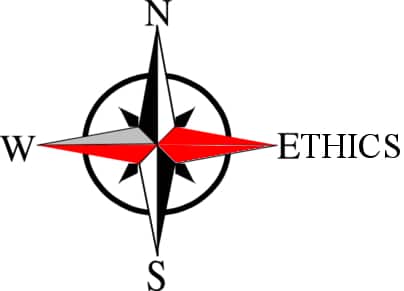
My First Week: Azish Filabi and Ethical Systems
Blog I begin this week in my role as CEO of Ethical Systems. Joining this fantastic team and meeting colleagues in NYU Stern's Business and Society Program strengthens my belief that ethics and business can operate hand-in-hand to create lasting value in society.
I begin this week in my role as CEO of Ethical Systems. Joining this fantastic team and meeting colleagues in NYU Stern's Business and Society Program strengthens my belief that ethics and business can operate hand-in-hand to create lasting value in society.

Navigating the Amazon: Workplace Culture and Ethics
Blog While talk in August can normally drift to Labor Day vacation plans and how to brew the perfect pitcher of iced tea, a different sort of discussion began to surface in offices (and backyards) across America: that of workplace culture and the different extremes that workers at Amazon report as the norm.
While talk in August can normally drift to Labor Day vacation plans and how to brew the perfect pitcher of iced tea, a different sort of discussion began to surface in offices (and backyards) across America: that of workplace culture and the different extremes that workers at Amazon report as the norm.
The New York Times article that started it all, "Wrestling Big Ideas in a Grueling Workplace," provided an eye-opening look into the management practices, feedback loops and performance measurement metrics at Amazon, eliciting both accolades and acrimony from current and former employees. After much debate, the dust settled at a realization that the intensity is both a blessing and a curse and tailored for only certain kinds of personalities. An overarching theme was that burnout is common and, to a certain extent, expected.
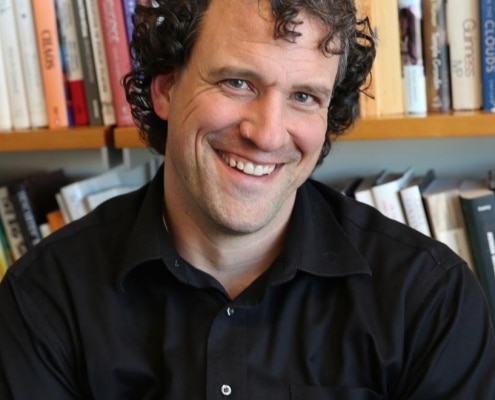
Featured Collaborator for September: Nick Epley
Blog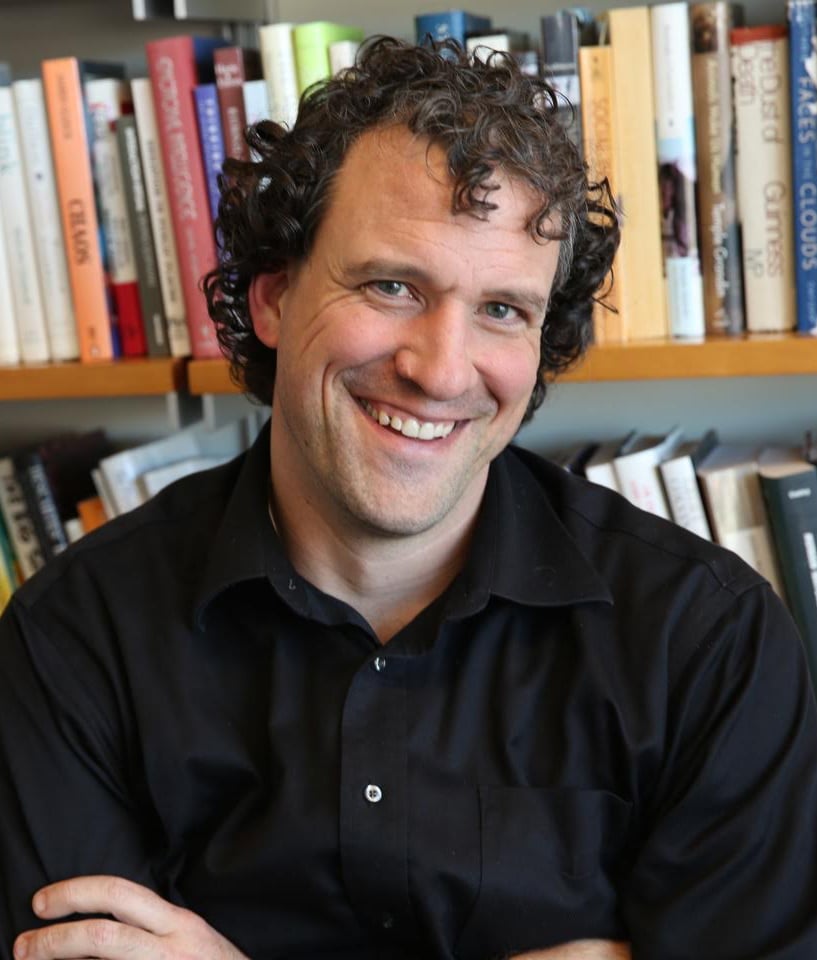 Interview with Nick Epley, author of "Mindwise: How We Understand What Others Think, Believe, Feel, and Want" and professor of behavioral science at the University of Chicago's Booth School of Business
Interview with Nick Epley, author of "Mindwise: How We Understand What Others Think, Believe, Feel, and Want" and professor of behavioral science at the University of Chicago's Booth School of Business
I study mind reading. Not the nonsensical, spooky or supernatural versions of it, but rather the very natural and intuitive version of it that we do whenever we make an inference about another person’s mind. We do this arguably every social interaction we have when we wonder what someone else is thinking, believing, feeling, or wanting. This is hard to do accurately because another person’s mind is inherently invisible.
You can’t see another person’s thought, hold a want, or poke a feeling. As a result, our inferences about the minds of others are far less than perfect, and we are consistently less accurate than we think we are. I’m most interested in understanding these gaps between our inferences about each other and reality. The mistakes we make are a common source of unnecessary conflict in everyday life.
